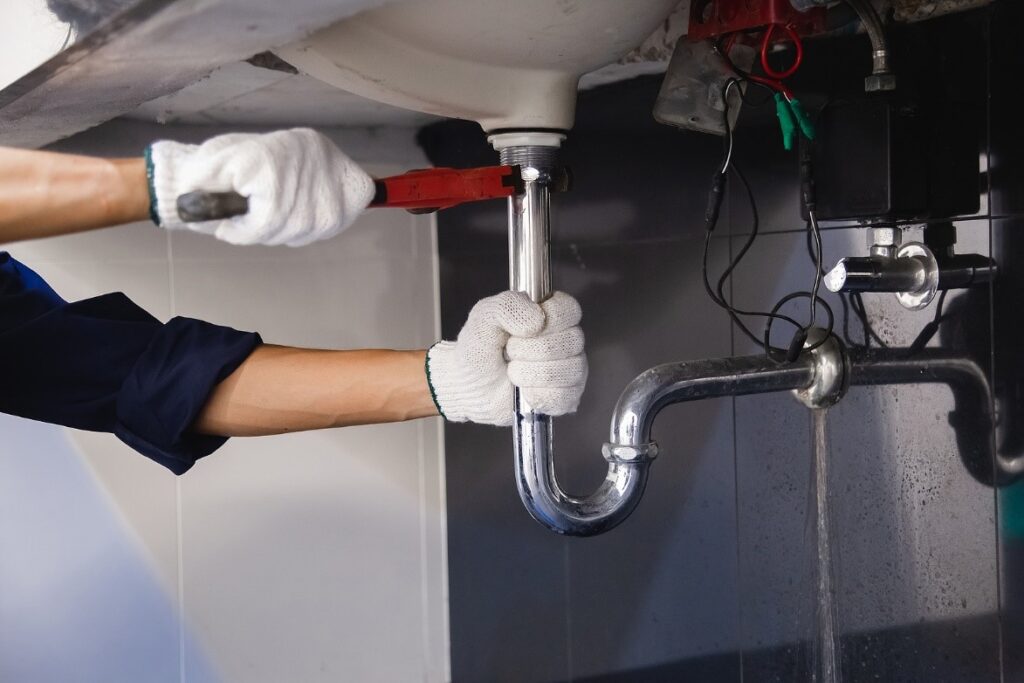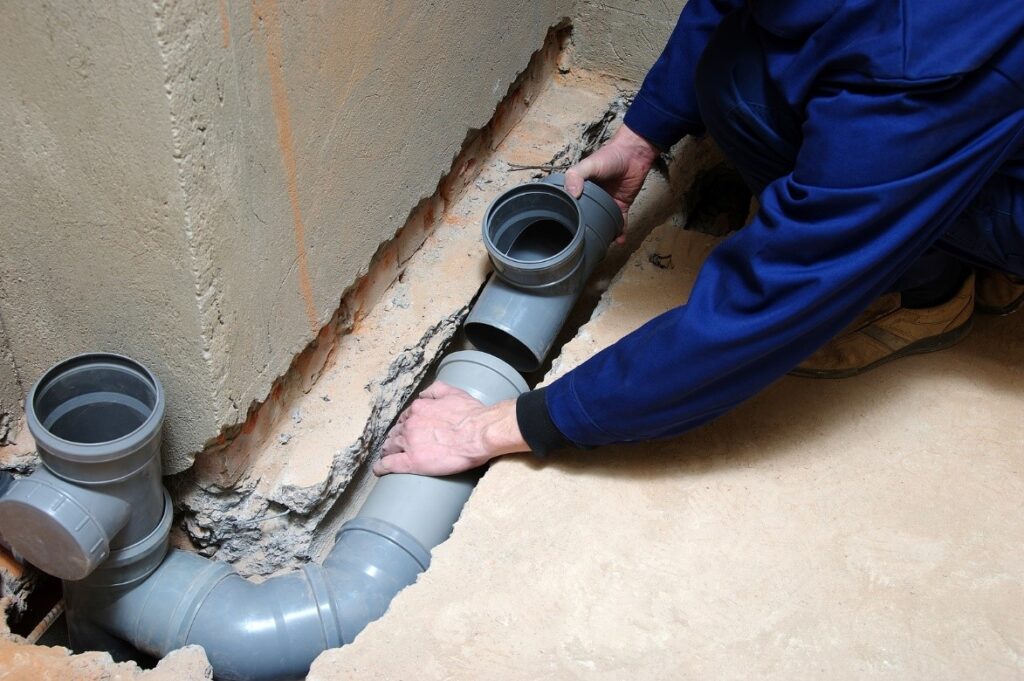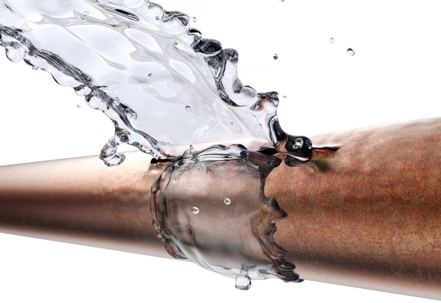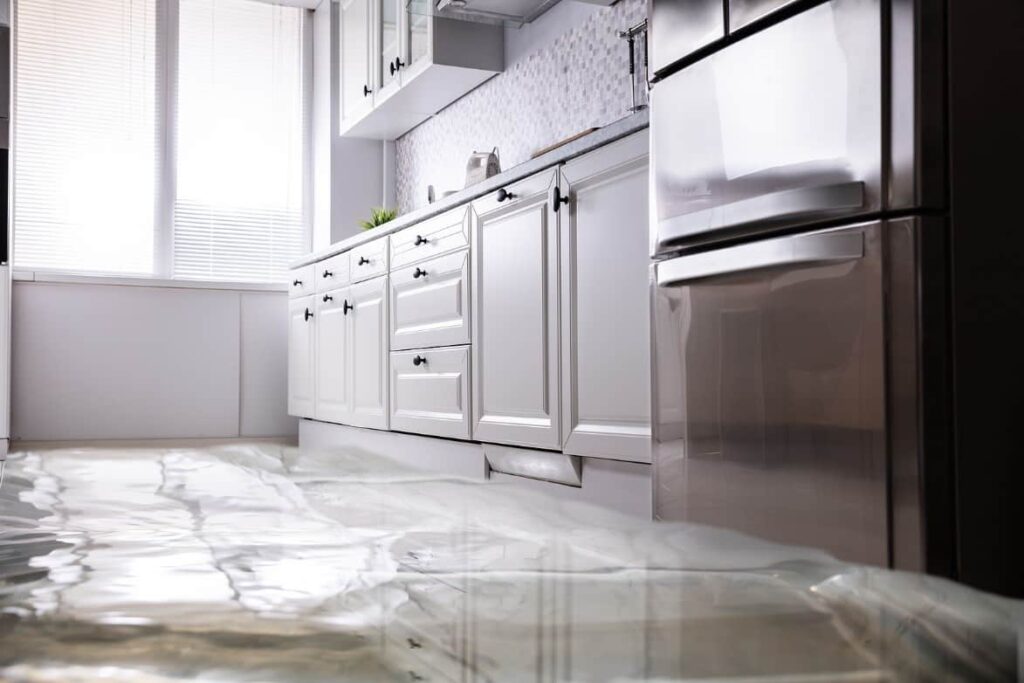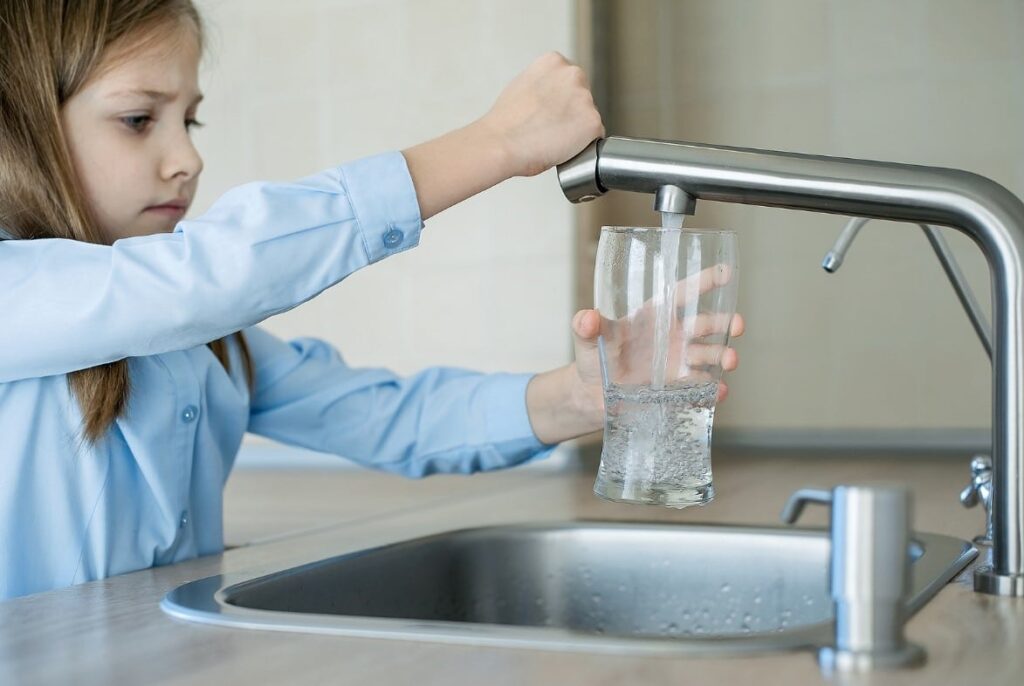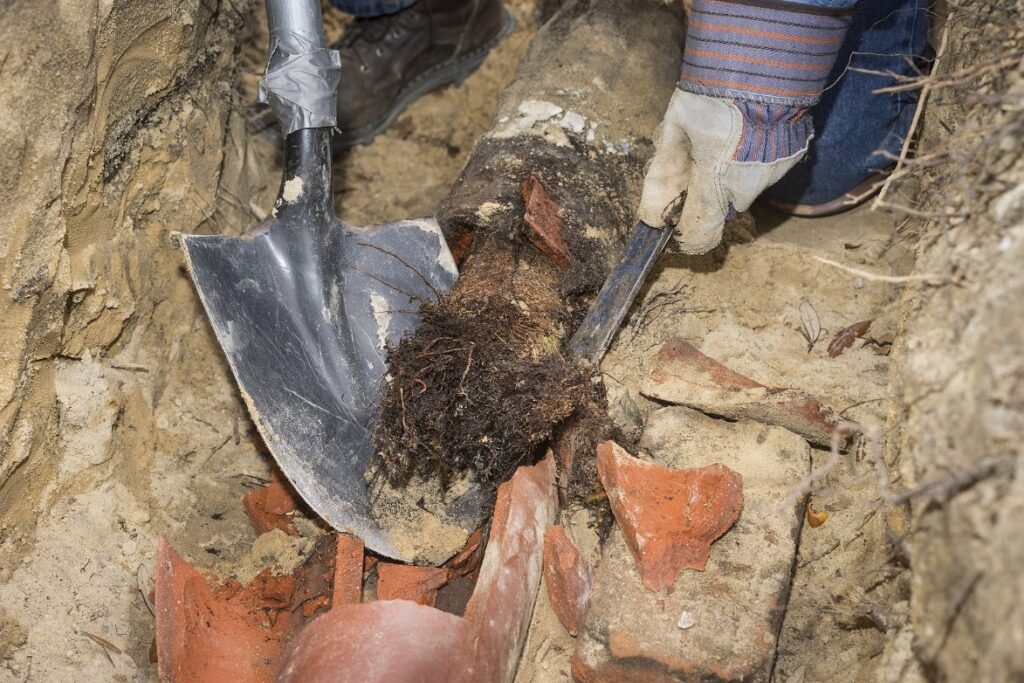Insulate Your Pipes To Prevent Freezing
When Pipes Freeze
When pipes freeze, the first thing you’ll notice is low or no flow. If they stay frozen for too long, or if too much water gets frozen, you’ll end up with burst or weakened pipes.
How Insulation Protects Pipes
Insulation slows down the flow of heat from the water in the pipe to the cold air around it. Keep in mind that it doesn’t stop it entirely and, depending on how long the water in the pipe remains stagnant, it will lose heat. For the most part, however, insulated pipes keep the water temperature above freezing.
The colder the winter temperature where you live, the more insulation you need.
What Type of Insulation Protects Pipes the Best?
When it comes to pipe insulation material, there are several options to choose from:
- Wool Fiber Insulation
Wool fiber insulation is made from inorganic fibers held together by a resin. These wool fibers may be made of minerals, glass, and other materials. - Elastomeric Foam
Elastomeric foam is a type of rubber foam that may be adhesive on one side for easy installation. This insulation is usually pre-shaped to fit around pipes of different sizes. - Polyethylene Foam
Polyethylene foam is plastic-based and, like elastomeric foam, is preformed to fit over piping. It contains air pockets, which boost the insulating value of this material and make it waterproof.
Do You Need to Insulate All Piping in Your House?
For energy-saving purposes, all hot water piping should be insulated. Pipes at risk for freezing, however, are typically found in unheated areas:
- Pipes in Attic Spaces
Some sections of piping might have to pass through your attic. While the attic insulation might offer some protection, it’s not always enough. Insulate all attic piping, both hot and cold. - Pipes in Crawlspaces
Most crawlspaces are not insulated, so it’s critical to insulate piping that passes through this part of your house. - Pipes in External Walls
Piping should not be run in external walls, but if it is for any reason, then it needs to be well-insulated. Heat loss occurs from these external walls, and heat from the room might not be enough to prevent freezing, particularly if the water stays stationary in the pipe for extended periods of time.
Call Us for Pipe Insulation Services
Give us a call to get your pipes insulated this winter and protect them from freezing.

 Book
Book Call
Call 